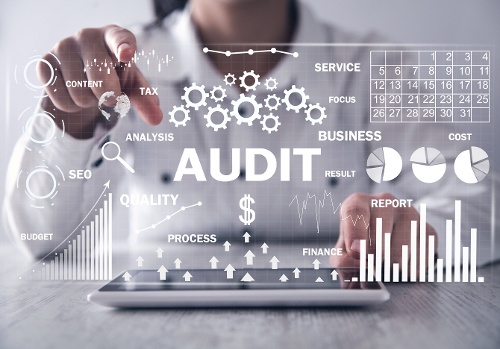How to Make Your Retirement Plan Audit Preparation Painless
Each year, most organizations and their retirement plan fiduciaries must go through their annual 401(k) (or 403(b)) audit. Employee retirement plans are heavily governed by the Department of Labor (DOL) and Internal Revenue Service (IRS); and, the retirement plan audit makes sure that all the work involving the Plan was done correctly throughout the year, and if it wasn’t, identify the proper steps are taken to fix things and implement controls to prevent issues in the future.







